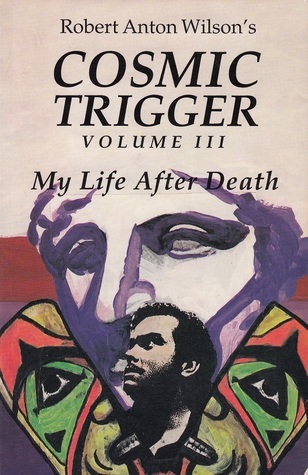What do you think?
Rate this book


256 pages, Paperback
First published January 1, 1995
Once you have given up asking 'what day is it?' you will soon find it easy to give up asking what anything really "is." Then, in Melville's fine phrase, you can strike through the mask—pierce the veil of cultural conditioning (emic tunnel-reality) and see and hear with your own eyes and ears. (p. 109)
Personally, I don't trust mystical experiences, including my own—although I seek them and enjoy them. I think Altered Consciousness offers new ways of perceiving/conceiving and should start philosophical investigation, not stop it. (p. 113)
I love this film because it forces viewers to think as I believe we must all learn to think in this post-quantum age: not in Aristotelian either/ors, but in probabilities. (p. 184)
Gross and Levitt believe the current scientific model (i.e., the most popular one...) stands above all other perspectives, in the way one might claim the architects' view "stands above" the other drawings of the room. I hold to the contrary that we must at leaser partially remember, all all times, that the "absolute" or architect's blueprint has its own kind of relativity, its own "perspectivism," or else we risk going totally mad.
We live, existentially and phenomenologically, in a universe of infinite aspects. Whether the model-universe of science, in its extensions in space-time, extends to infinity, or has infinite boundaries, of fits the Einstein model of an unbounded but finite Reimanian geometry, the sensory universe of our experience remains stubbornly infinite, in the sense that we can never exhaust the number of things we may "see" in it or the number of ways we can organize our individual perceptions into models or reality-tunnels. (p. 242)